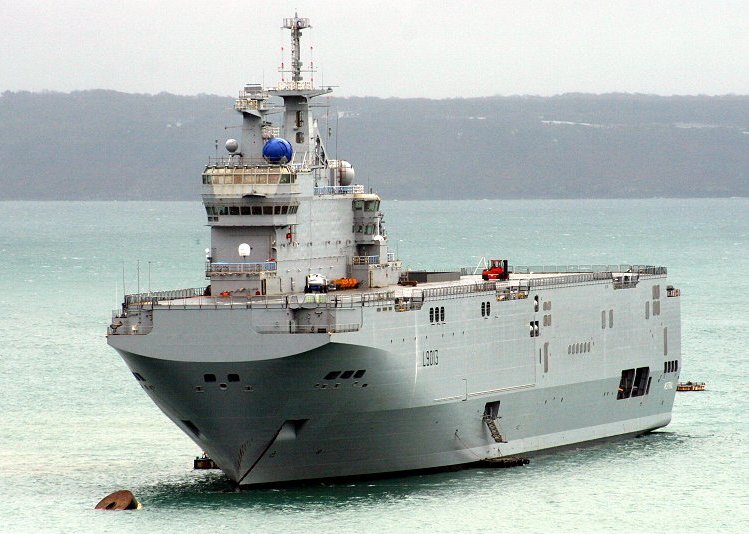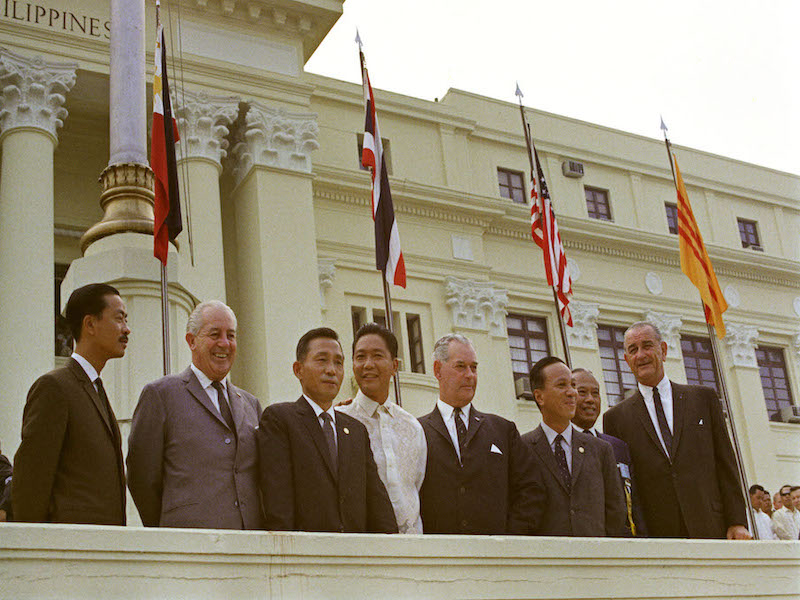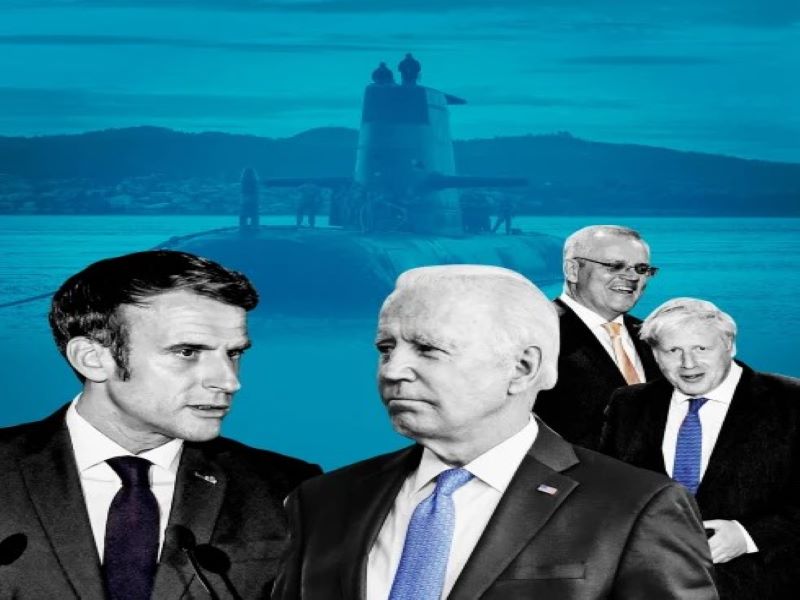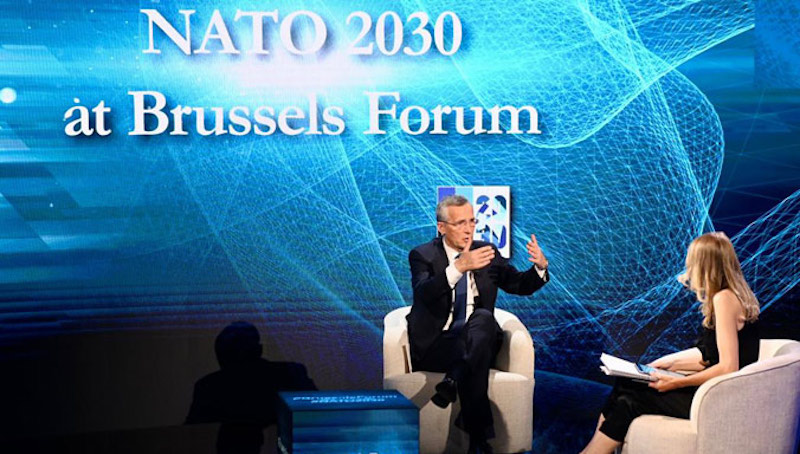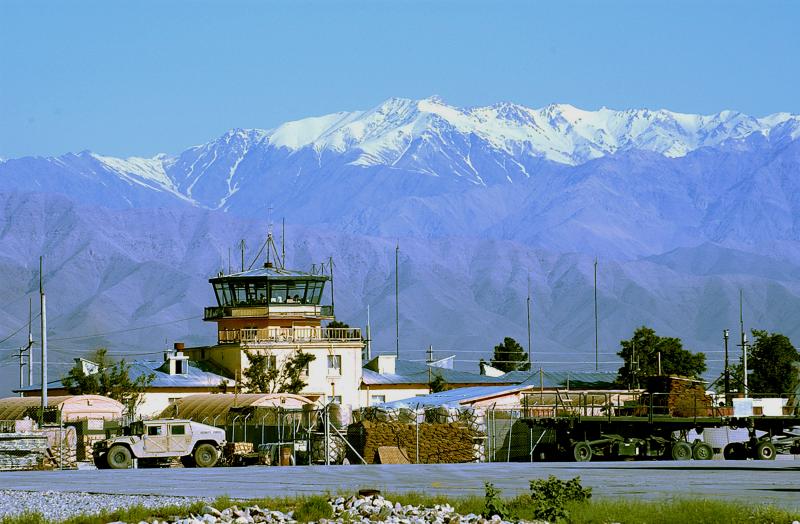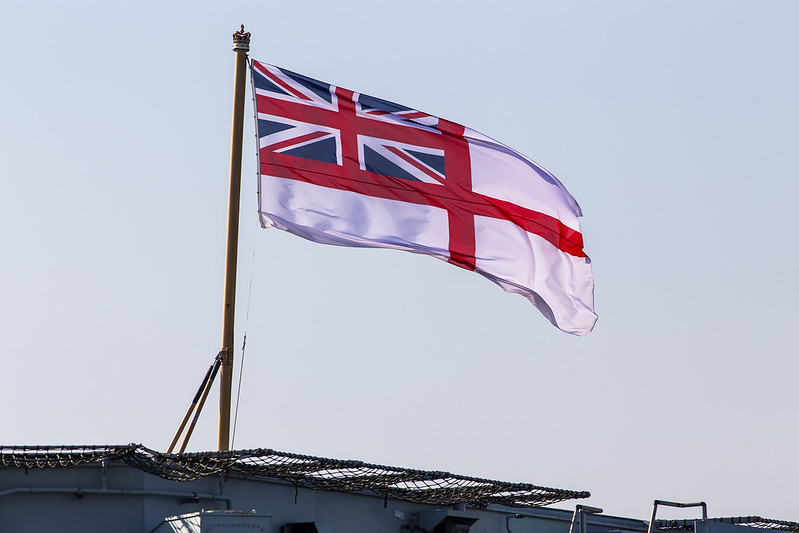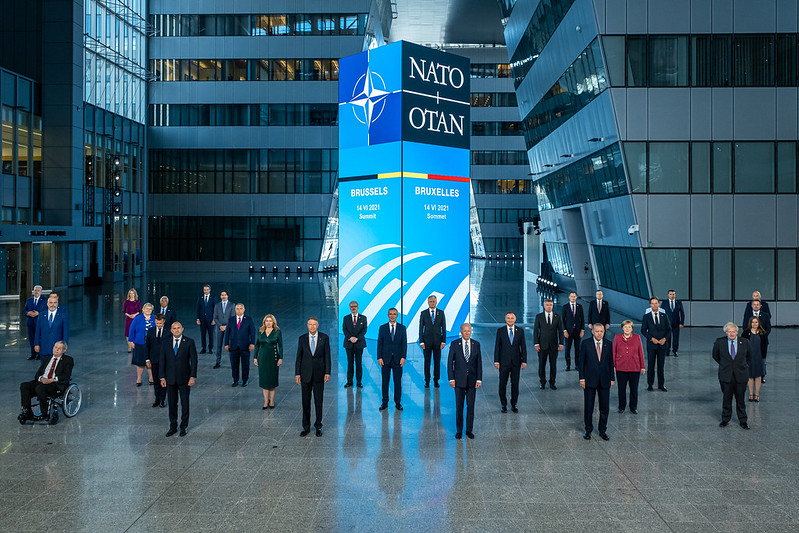Since 2020, there have been seven coups in six French-speaking West African countries. Many of them have involved conflicts between military groups or established governments supported by France, and by extension the West and NATO, and rebel groups or juntas supported by Russia. France’s role as the main patron of established power in these countries Read More…
Tag: France
Canada Should Increase its Maritime Power-Projection Capabilities
In 2019, the federal government selected the replacement for the Royal Canadian Navy’s (RCN) aging Halifax-class frigates and Iroquois-class destroyers: the fifteen new Canadian Surface Combatants (CSC) will be a modified British frigate designed to operate as an anti-air or anti-submarine platform in coastal waters and the open ocean. In concert with the four Victoria-class Read More…
SEATO: The tantalizing promise of NATO’s forgotten counterpart in the Indo-Pacific
June 30th, 1977, Bangkok, Thailand. After 23 years of operations the South-East Asian Treaty Organization, or SEATO, was formally dissolved, having been dogged with criticism throughout the nearly two decades since its founding. What was this NATO counterpart in the Indo-Pacific, why did it fail, and could it be revived today? The basics: Read More…
NATO, AUKUS & the Indo-Pacific: Further Proof of Intra-Alliance Friction
In this article, Research Analyst Andrew Erskine assesses the implications of the AUKUS security pact on NATO’s unity and cohesion towards a collective Indo-Pacific strategy and the need for the Alliance to develop an Indo-Pacific Council to avoid further debacles of intra-alliance friction.
NATO Consensus-building on Climate Change, Energy Security, and China
In this article, Joseph Bouchard analyzes the impact of the NATO 2030 Summit on the alliance’s efforts to plan for security issues related to climate change and the challenge of consensus-building among members as to how this fits within NATO’s remit.
Last In, First Out: Two Decades in Afghanistan
Bagram Air Base – once the bastion of coalition forces in Afghanistan – is now empty of U.S. and NATO troops, bringing an effective end to their presence in the country. Elliott Simpson reflects on what should be acknowledged, and hopefully learned from their efforts over the past 20 years.
‘Global Britain’ in Practice
HMS Queen Elizabeth’s maiden voyage to the South China Sea is indicative of the UK’s new global posture. But is it spreading itself too thin? Elliott Simpson presents the pros and cons of the UK’s recent tilt to Asia, and to a modern military.
Eureka in Europe? The response by G7 and NATO countries to threats new and old
Following the productive 2021 G7 and NATO Summits, Eric Jackson explores two overlapping security issues addressed by the nations and identifies areas for future improvement.
NATO’s Unsteady Southern Flank
Talks between two of NATO’s southernmost members don’t seem to be making progress, as Turkey and Greece seem as far apart as ever. Elliott Simpson examines the latest flare up between these unlikely allies, and its effect on the strength of NATO’s southern flank.
Prepping for 2030: The Young Leaders’ Perspective on NATO’s Future
Secretary-General Jens Stoltenberg is set to outline the NATO 2030 initiative to the 30 NATO member countries next week. In prep, Eric Jackson highlights the NATO 2030 Young Leaders’ recommendations on how to strengthen the Alliance.


